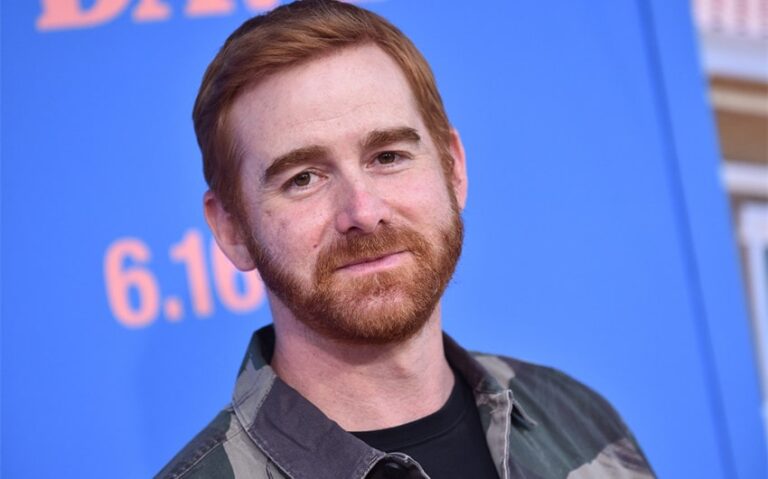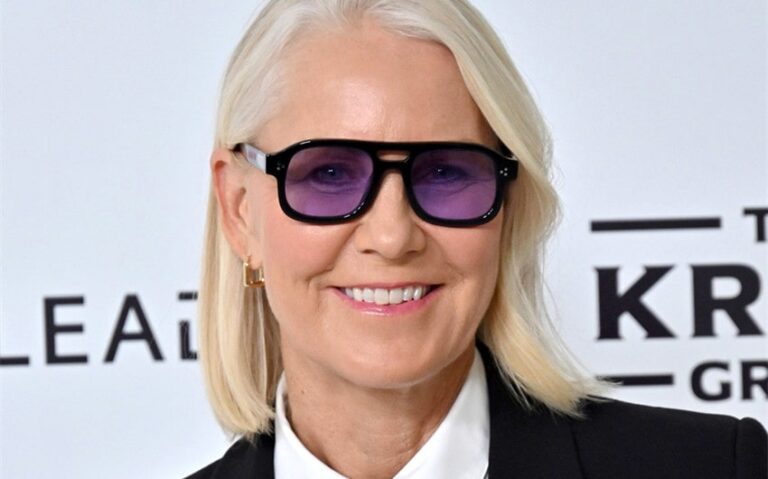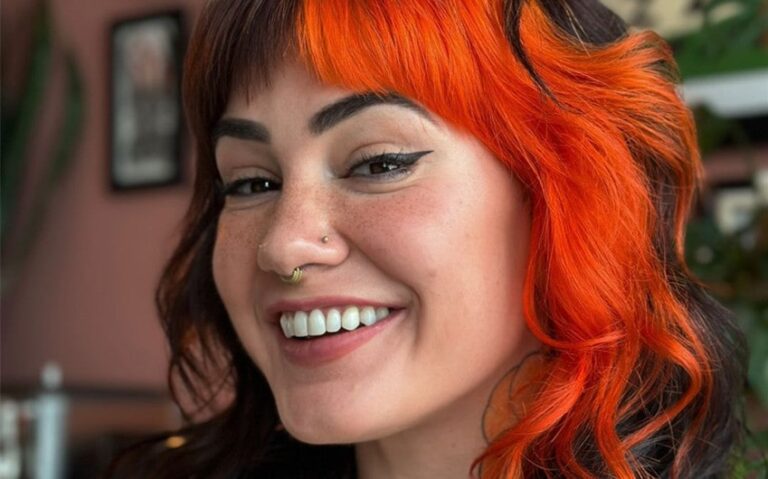What Andressa Urach’s OnlyFans Journey Tells Us About Reinvention, Control, and Public Intimacy
You may have first encountered Andressa Urach’s OnlyFans content with a mix of curiosity, surprise, or even disbelief. After all, here was a woman who once publicly renounced vanity, sensuality, and fame in the name of spiritual devotion—now confidently stepping back into the world of erotic self-expression. But that’s precisely why her story matters. Her decision to return to a provocative space isn’t just about creating adult content. It’s about reclaiming control in a life shaped by extreme visibility, spiritual upheaval, and public contradiction. Andressa Urach isn’t just revisiting a past identity—she’s rewriting it.
Who Is Andressa Urach? A Timeline of Transformation
Andressa Urach’s rise to fame was fast and controversial. She first became known as a beauty queen and model, celebrated for her bold looks and uninhibited attitude. She gained international attention during the 2014 World Cup for her public antics and provocative statements, and later joined Brazil’s version of The Farm (a reality show akin to Big Brother). But what followed was darker: a spiral into extreme plastic surgery, health crises, and public emotional breakdowns.
Then came a dramatic pivot. Urach found religion—specifically the Universal Church of the Kingdom of God—and renounced her former lifestyle. She became an outspoken advocate for spiritual modesty, humility, and repentance. Gone were the selfies, the glamour shoots, the provocative interviews. In their place stood a version of Andressa committed to God, preaching on social media and writing about salvation.
It seemed like a full redemption arc—until it wasn’t. In recent years, Urach distanced herself from the church, citing deep emotional pain, personal contradictions, and feeling manipulated. And in one of the most surprising turns yet, she launched an OnlyFans account. To some, it felt like regression. To others, it felt like radical honesty. But to her, it was about something else entirely: agency.
The Conflict Between Faith, Flesh, and Fame
What makes Andressa Urach’s story so compelling is the intensity of her inner conflict, played out publicly for a decade. She was once the embodiment of physical desire, then became a symbol of spiritual surrender. These roles were not just performances—they were her lived experiences. And both, at different times, brought her love, judgment, and exhaustion.
Her time in the church was marked by discipline but also by emotional repression. In her own words, she began to feel disconnected from herself—policed by the very institution that promised healing. When she eventually stepped away, it wasn’t just a religious break. It was a personal one. And the return to sensual self-presentation wasn’t just rebellion. It was reclamation.
For Urach, OnlyFans became a platform where she could integrate her past without shame. Not as an escape from her spiritual side, but as a way to acknowledge that being a woman—sensual, confident, flawed—didn’t have to mean being sinful.
OnlyFans as a Platform for Reclaimed Agency
For many creators, OnlyFans is a way to earn income through direct-to-fan content. But for someone like Andressa Urach, it represents more than financial opportunity. It’s a space where she controls the lens. A place where her image isn’t filtered through paparazzi, editors, or publicists. Where she decides what to show, when, and how.
This is a powerful shift for someone who has spent so long being looked at, judged, and packaged by others. By offering subscription content, Urach isn’t just creating erotic imagery—she’s authoring her narrative. Each photo and video is part of a story she’s now telling on her own terms. And while that story includes her body, it also includes her boundaries, her emotions, and her decisions.
There’s freedom in that kind of digital intimacy. Not because it’s naked—but because it’s chosen.
Sensuality, Motherhood, and the Modern Woman Archetype
One of the most controversial aspects of Andressa Urach’s OnlyFans journey is the intersection of her sensual persona with her role as a mother. Society still struggles to accept that a woman can embody both. The idea that someone can be nurturing, vulnerable, and maternal—while also being sexually autonomous—challenges deep-rooted narratives.
Urach has been unapologetic in this space. She’s talked openly about embracing her sexuality without compromising her role as a parent. She refuses to compartmentalize. And in doing so, she challenges a cultural framework that often demands women be either sacred or seductive—but never both.
Her existence becomes political, even when she doesn’t mean it to be. Simply by living out loud, without hiding her contradictions, she exposes how uncomfortable we are with complex women.
What Andressa Urach’s Journey Says About Us
There’s a reason people are still talking about Andressa Urach. Her life reflects the extremes of human experience—fame and collapse, belief and doubt, exposure and disappearance. But more than that, her story taps into our discomfort with transformation. We like our redemption arcs to be tidy. We want people to change, improve, and stay “better.” We don’t know what to do when someone chooses a version of healing we didn’t expect.
That’s what makes her return to platforms like OnlyFans so disruptive. It forces a question: what if wholeness doesn’t look like what we were taught? What if reclaiming yourself after trauma, manipulation, or spiritual fatigue means embracing what once made you feel powerful?
For Urach, this journey isn’t about pleasing public expectation. It’s about stepping back into her own skin—not to provoke, but to exist fully. Not to perform, but to feel real.
And that, perhaps, is the most radical thing a woman in the spotlight can do.
Andressa Urach Isn’t Trying to Be Your Redemption Story—She’s Writing Her Own
There’s something both unsettling and inspiring about Andressa Urach’s presence. She doesn’t fit easily into categories. She’s not a cautionary tale. She’s not a reformed saint. She’s not an unrepentant siren. She’s a woman in motion—rebuilding, reclaiming, revising.
Her OnlyFans isn’t just content. It’s context. A place where you can see the pieces she’s choosing to reassemble on her own terms. Whether you view it with admiration or discomfort, one thing is certain: she’s not asking for your approval. She’s asking to be seen as a whole person—flawed, resilient, evolving.
And maybe that’s what draws people in. Not the images themselves, but the complexity behind them. Not the exposure, but the agency. In the end, Andressa Urach’s OnlyFans journey is less about provocation and more about possibility—the possibility that a woman can change, again and again, and still belong to herself.
Featured Image Source: diariodopara.com.br







